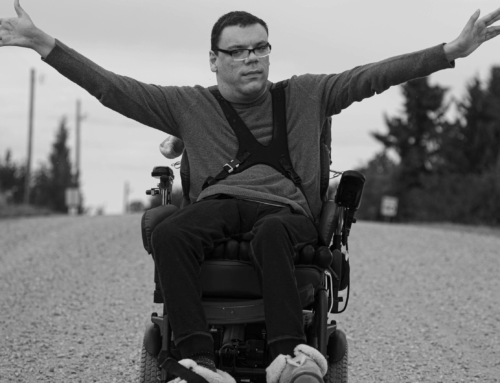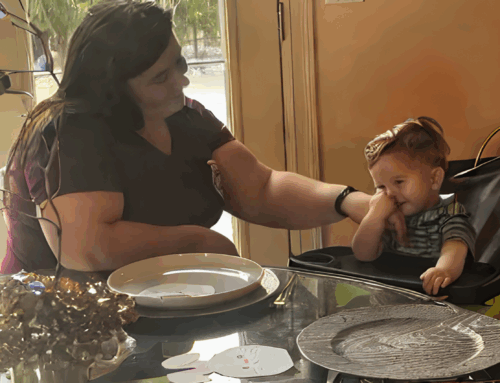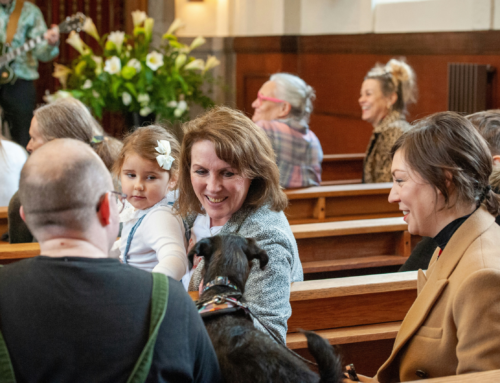
Last Supper – Peter Paul Rubens (c.1631)
In two short verses of Luke 22, Jesus extends the Jewish Passover into the Last Supper: he transforms the feast that celebrates the liberation of the Hebrew people from bondage into a memorial and continuation of his intimate and embodied ministry. He does this in two ways. First, in verse nineteen he says of the bread, “This is my body, broken for you.” Second, in verse twenty, he states that the wine is “the new covenant in my blood.” What does all this mean?
In specific ways, the bread means vulnerability and availability, not only for Jesus’ friends but also for us, for the Eucharistic community. Jesus knows that his body is to be flogged, spat on, and then nailed to a cross where he’ll die a cruel and painful death. Simply, his body will be broken, in order to expose the violence of the Roman Empire and Jewish priesthood.
Jesus names his present and future vulnerability to pain in this verse and empowers his friends to claim their own limitations, and to use them as the basis for trust.
I know how Jesus feels, in terms of having a broken body. I have spastic cerebral palsy: this neurological condition means that my muscles are always tense, or spastic, and that I experience palsy, or continuous tremors in all my limbs. My legs and back hurt at least a little bit each day. I have fallen when I stand on level ground; I struggle to stand on concrete for long periods; I need to stretch for half an hour every day to feel a “normal” level of flexibility. My muscles can betray me when I need them most; so, like Jesus, I know betrayal and loss. That said, in my vulnerability—in my experiences of finitude and my never quite feeling “right”—I also feel God’s gifts, like my strong set of lungs. I feel the availability suggested by this verse.
Availability is the communal meaning of Jesus’ saying about the bread for me. Because of Jesus’ love expressed in the bread that is broken in multiple pieces and shared in the Lord’s Supper, Christians with and without disabilities can befriend each other. We can eat together because the Eucharist partly signifies the ending of hunger and poverty. Moreover, we can touch and embrace the Peace of Christ, acting out Jesus’ love in our relationships.

Last Supper by Pascal Adolphe Dagnan-Bouveret
What about the wine? For me, and for many vulnerable people, the Last Supper wine means solidarity. I bled from my brain when I was born; I can feel the missing neurons every day that I live. That said, Jesus knows that blood—my blood, the blood of Syrian refugees, or that of Black American men and women—carries the seeds of resurrection, because in verse sixteen he has already invoked the Kingdom of God. Human pain, blood, and experience of death is sanctified by Jesus’ cross and resurrection and made into a blessing for the whole world.
In Christ’s name, amen!
 Mike Walker is a Th.D. candidate in systematic theology at Knox College at the University of Toronto; he’s passionate about the societal inclusion of people with disabilities and others who are vulnerable and is available to offer talks and workshops on the physical and social aspects of that hospitality. When he’s not working, he loves to exercise, read, write, sing, and just hang out with friends. You can preview or purchase his book of poetry, Contours of Eternity, here.
Mike Walker is a Th.D. candidate in systematic theology at Knox College at the University of Toronto; he’s passionate about the societal inclusion of people with disabilities and others who are vulnerable and is available to offer talks and workshops on the physical and social aspects of that hospitality. When he’s not working, he loves to exercise, read, write, sing, and just hang out with friends. You can preview or purchase his book of poetry, Contours of Eternity, here.


